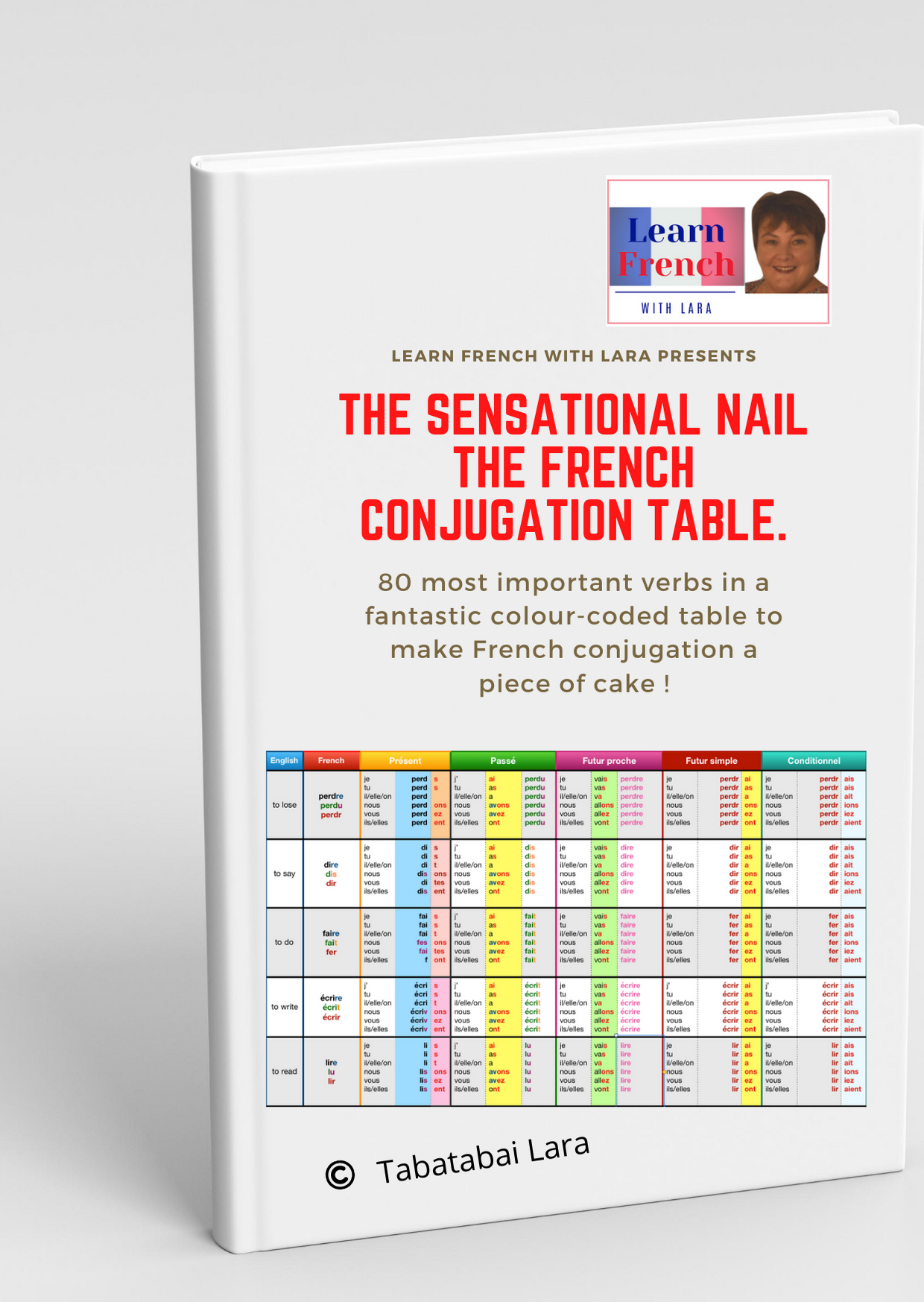This French idiom is linked to my favourite food : Cheese. En faire tout un fromage 🧀 😋


Find out what ‘En faire tout un fromage’ means by watching a video
This is a video from the radio show from Cyril Hanouna a famous French presenter and he and his guests discuss the meaning of this famous French idiom ‘En faire tout un fromage’. Each guest gives a definition, only one is correct. The guests, in the order of which they speak are Valérie, Laurent, Pierre, Alex. Cyril in the end gives the correct definition.
Check out some vocabulary first


These are a few words from the video see if you are able to recognize them :
berger 🐑 = shepherd
Moyen-âge = Middles Ages
fromage 🧀= cheese
un souci = a problem
vient de = comes from
Normandie = Normandy
éleveurs 🐄 = producers
laitier 🥛 = dairy
compliqué = complicated
pénible = painful
lait 🥛 = milk
Here is the video about the meaning of En faire tout un fromage
Don’t worry if you don’t understand it all, I am writing a summary below, watch the video from Europe 1 here : (This will open into a new window, click on the previous tab to come back to this post)


En faire tout un fromage video summary
This is a summary of what the different guests said in order of appearance, which one do you think is correct ?
Valérie
C’est une tradition des bergers du moyen-âge, au XIème siècle, ils offraient des fromages quand il y avait un souci, une embrouille, une affaire insurmontable. Ils faisaient un fromage.
It is a tradition of the shepherds of the Middle Ages, in the 11th century, they offered cheese when there was a problem, a confusion, an insurmountable affair. They were making cheese.
Laurent
C’est une expression qui vient de Normandie. Les éleveurs préparaient du fromage, c’est la chose la plus compliquée qu’il soit donnée de produire. Donc faire tout un fromage, la chose la plus compliquée de faire.
It’s an expression that comes from Normandy. The producers made cheese, it is the most complicated thing that it is possible to produce. So making a cheese, the most complicated thing to do.
Pierre
Un fromage est une production complexe et longue. En faire tout un fromage, c’est en faire beaucoup. C’est la longueur, le temps de faire un fromage qui est parodié.
A cheese is a complex and long production. To make a whole lot of cheese is to make a lot of it. It’s the length, the time to make a cheese that is parodied.
Alex
C’est pénible de faire un fromage.
It’s painful to make cheese.
What do you think it means ‘En faire tout un fromage’?
Now what do you think it means, is it:
A. Valérie’s version: it is a present to resolve a problem
B. Laurent’s version : It means to do something complicated out of something basic
C. Pierre’s version : It means to do something for a long period of time
D. Alex’s version : It means to do something painful
The solution by Cyril Hanouna of what ‘En faire tout un fromage’ means
The solution is according to cyril Hanouna :
La véritable explication. Elle vient du XX ème siècle. Elle nous vient des laitiers. En partant de pas grand chose, comme du lait, on pouvait produire un produit élaboré. C’est un produit élaboré. Un homme qui avait tendance à faire beaucoup en partant de peu, qu’il pouvait en faire tout un fromage.
The real explanation. It comes from the 20th century. It comes to us from the milkmen. Starting from not much, like milk, you could produce an elaborate product. It is an elaborate product. A man who tended to do a lot from little, that he could make a big deal out of it.
This is Laurent who was right 🥳. Were you right?
What is the equivalent of ‘en faire tout un fromage’ en anglais ?


I think the equivalent could be :
To make a meal out of it
En faire tout un fromage
or
To make a big deal out of it
En faire tout un fromage
En faire tout un fromage example in real life
This is what one could say about this fantastic French idiom :
Arrête avec tes histoires, tu ne vas tout de même pas en faire tout un fromage !
`Stop it with your stories ! you’re not going to make a big deal out of this !
Voilà, this was today’s French idiom in English, I hope you liked it. Click here to find out about the challenge of 50 French idioms in English.
I am a French teacher, please see my students testimonials here.👩🎓👨🎓
Don’t hesitate to contact me if you need any French class or are interested in my new learning course. Contact me here.
Please feel free to comment this article, your opinion matters. Click on the green logo on your left to access the comment box straight away !
And I’ll see you next time for more French idioms in English ! 👍🧡


first time I see this video; so actually, it means that the origin is positive, but somehow became negative thoughout time…interesting!
Thank you Sarah